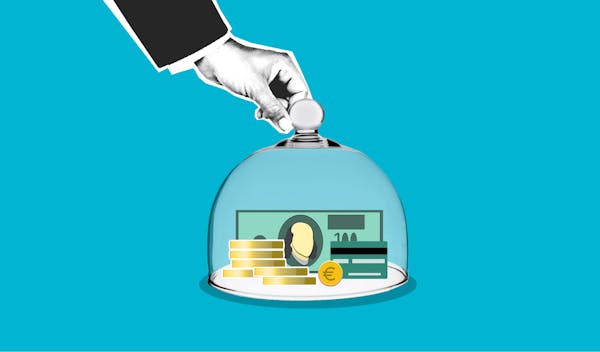Commercial property insurance offers financial protection from damage to a business’s building and its contents. A typical policy is a named perils policy with either replacement cost or actual cash value (ACV) reimbursement.
Risk factors like geographic location can increase or decrease rates. Also, the materials used in a building and its compliance with current construction standards can influence a policy’s premiums. Check out Insurance Agency Outsourcing Services for more info.
Building Coverage
Whether you own your business space or rent it, commercial property insurance can help you pick up the pieces after a catastrophe. Generally, commercial property policies have two categories of coverage: buildings and personal property. Buildings include your building and any permanent equipment attached to it, while personal property includes office furniture, machines, raw materials, goods-in-process and finished goods. Improvements you make to a leased space are also covered under personal property.
The type of property coverage you need depends on the risk factors faced by your business. For instance, a manufacturing company that uses expensive industrial equipment will typically pay more for property insurance than a restaurant or retail shop. You can choose between a named perils or all-risk policy, and you can also select a per occurrence or an aggregate deductible.
You can also choose between actual cash value and replacement cost value coverage for your building and possessions. The former reflects items’ used values and the latter replaces them without depreciation.
Business Owner’s Policy (BOP)
BOPs bundle property and general liability coverage into one policy for small businesses. They’re typically less expensive than purchasing the coverages separately.

A BOP may help cover costs like loss of income if your business is forced to close, as well as the cost to replace items needed for work like computers, office furniture and inventory. It also includes medical payments to cover injury for people on your business’s premises or as a result of your operations.
A BOP is a good option for many small, low-risk businesses including barber shops, beauty salons, fitness centers, restaurants and retail stores. However, businesses that face higher risks may need a commercial package policy or a more tailored industry-specific insurance plan. For example, a restaurant can customize a BOP with a spoilage endorsement to protect against losses due to food spoiling.
Commercial General Liability (CGL)
Introduced in 1986 to replace the comprehensive general liability policy, CGL insurance is third-party coverage that protects your business from liability claims arising from non-professional negligence. It typically covers bodily injury, which includes sickness, disease, and incidents resulting in death; property damage; and advertising injury (such as defamation, libel, and copyright infringement). CGL is usually written on an occurrence basis, which means that you’re covered for claims that occur during your policy period. It can be purchased on its own or as part of a business owner’s package policy.
As with commercial property insurance, the cost of CGL will vary depending on the size of your business, location, and industry. Higher coverage limits and higher deductibles will generally cost more, while effective risk management practices can help lower your premiums. Also, consider a Professional Liability policy to cover claims for mistakes or omissions in your professional services. These are typically not covered by CGL policies.
Equipment Breakdown Coverage
Equipment breakdown coverage fills in gaps left by standard property insurance and equipment warranties. For example, if your commercial refrigerator’s motor burns out and you lose inventory, food spoilage, extra expenses, and lost income, this policy will help pay for the costs associated with replacing the fridge.
Oftentimes, this type of coverage is included as an endorsement in a BOP or as a separate policy. It’s also commonly known as boiler and machinery (BM) insurance. The name change is due to the fact that today’s policies offer broader coverage than traditional BM insurance did.
Equipment breakdown coverage can cover any type of mechanical failure or electrical breakdown that damages a piece of business equipment. It may also cover any damage caused by the breakdown to other equipment, as well as loss of income and extra expenses incurred during a repair. This policy may not cover every type of equipment, especially if the equipment is designed to operate under pressure or in a vacuum (for example, certain laboratory equipment). However, it’s worth considering this coverage for equipment that can be extremely expensive to replace.